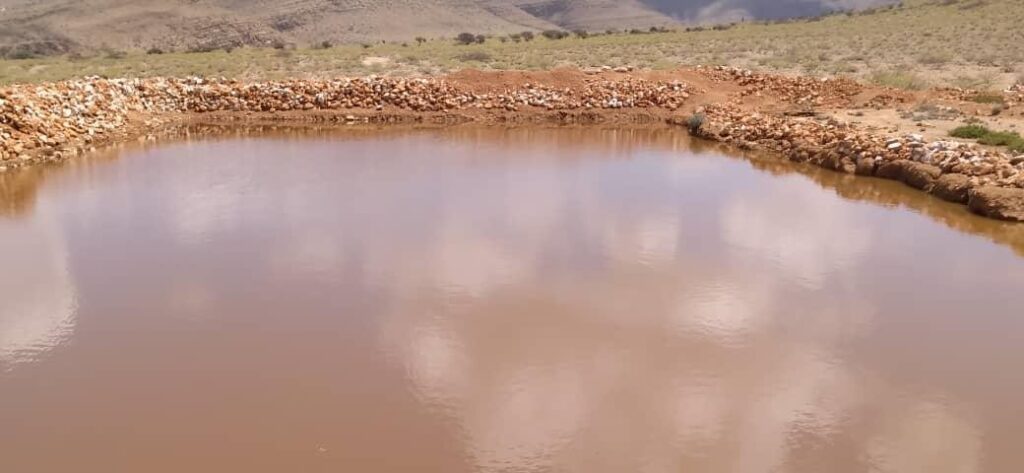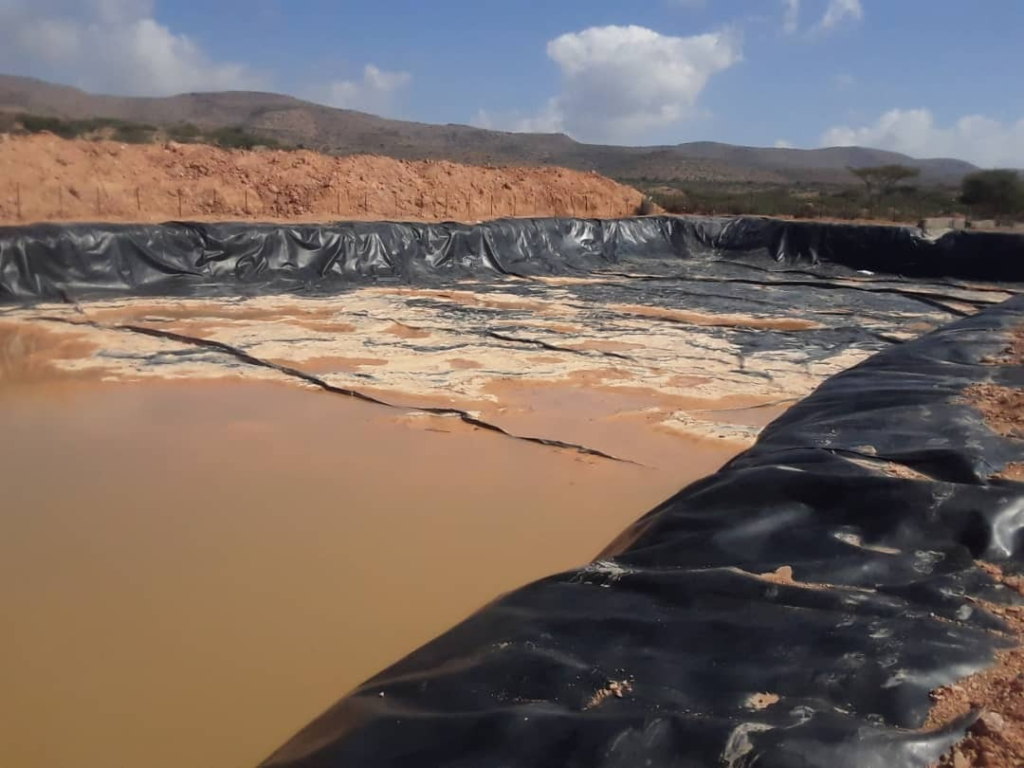In 2021, Action Against Poverty (AAP), in partnership with the World Food Programme (WFP), implemented a relief project in Caluula District, Puntland, targeting 3,079 households (18,474 individuals) affected by severe food insecurity due to climatic shocks, including Cyclone Gati and failed Gu rainfall. These events resulted in increased malnutrition rates and significant loss of livestock and crops among vulnerable communities. The project’s primary objective was to provide unconditional food assistance and cash-based transfers (CBTs) to address immediate food needs and improve overall nutrition among the most destitute households, particularly focusing on female-headed households and internally displaced persons.
To achieve these goals, AAP adopted a community-based approach involving local authorities and community leaders in the selection and mobilization of beneficiaries. The project successfully registered and identified the most vulnerable households through biometric data collection using the WFP SCOPE system. AAP implemented monthly unconditional cash and food transfers, ensuring that beneficiaries received the necessary support to withstand shocks and stresses during this crisis period. Community engagement and feedback mechanisms were established to enhance transparency and accountability throughout the project.
The rehabilitation of two water catchments in Muudiye and Barxa further complemented the food assistance by improving water access for both human and livestock consumption. This initiative aimed to address not only immediate food needs but also long-term sustainability through enhanced food security and nutrition. A total of 5,285 households received monthly cash transfers, while 6,405 households benefited from food distributions, significantly contributing to community resilience.
Throughout the project, AAP maintained a strong focus on gender mainstreaming and protection principles. Efforts were made to empower women and marginalized groups by involving them in decision-making processes and ensuring their participation in project activities. Risk mitigation strategies were implemented to address potential challenges, including community violence and financial risks, while measures to prevent fraud and corruption were established through active complaints and feedback mechanisms. This comprehensive approach ensured the effective delivery of aid, ultimately enhancing the livelihoods and stability of the affected populations in Caluula District during a critical period.








